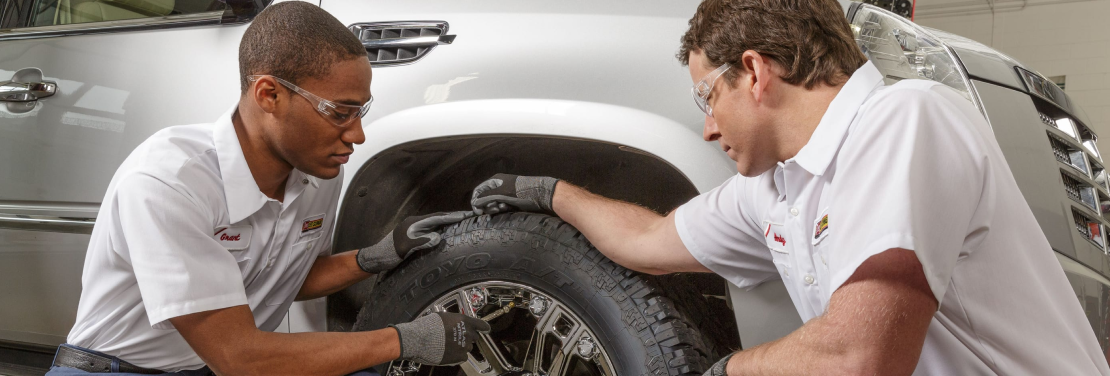Get Expert Tire Provider at Tire Shop Morris: Contentment Ensured
Get Expert Tire Provider at Tire Shop Morris: Contentment Ensured
Blog Article
Tire Solution: Comprehending Tire Stress Monitoring Systems
Comprehending Tire Stress Tracking Solutions (TPMS) is an essential facet of preserving optimal vehicle performance and safety and security on the roadway. With improvements in auto technology, TPMS has come to be a common feature in modern vehicles, supplying real-time info on tire stress degrees.

Significance of TPMS
The importance of Tire Stress Monitoring Equipments (TPMS) lies in their capacity to improve lorry safety and security and efficiency through real-time monitoring of tire pressure degrees. Preserving the appropriate tire pressure is essential for making sure optimum handling, stopping, and overall safety and security of a vehicle. TPMS provides chauffeurs with immediate feedback on any overinflated or underinflated tires, permitting prompt changes to be made.
Components of TPMS
Consisting of various crucial elements, a Tire Pressure Tracking System (TPMS) functions as an advanced security function in contemporary automobiles. The primary components of a TPMS consist of sensors, a control module, and a caution sign. Sensors are normally situated in the tire shutoff stem or connected to the wheel assembly, where they gauge tire pressure and transfer data to the control module. The control module processes this information and activates a caution if it finds considerably reduced pressure in any one of the tires. The warning sign, typically a symbol on the dashboard, signals the driver to check the affected tire or tires. Some progressed TPMS designs additionally show the actual tire stress readings for each tire, giving motorists with real-time details to ensure ideal tire performance and security. By checking tire pressure continuously, TPMS assists avoid accidents, minimizes tire wear, and boosts fuel efficiency, making it a crucial component for lorry safety and security and performance.
Kinds Of TPMS

On the other hand, indirect TPMS counts on the automobile's wheel speed sensing units to keep track of tire pressure. This system spots underinflation by comparing the rotational rates of the wheels. Indirect TPMS is less costly than direct TPMS, as important site it makes use of existing sensors within the lorry.
While direct TPMS provides more accurate analyses, indirect TPMS is less complex in style and usually requires much less maintenance. Both systems have their advantages and limitations, and the option between them commonly depends on variables such as cost, vehicle make, and individual preference. Recognizing the distinctions in between these two kinds of TPMS can help car owners make educated decisions relating to tire upkeep and safety.
TPMS Upkeep Tips
Conduct regular checks on check over here the tire pressure levels and contrast them with the TPMS analyses to guarantee they are regular. Throughout tire turning or replacement, make sure that the TPMS parts are handled very carefully to avoid any type of potential damage. If the TPMS warning light brightens on the dashboard, deal with the concern without delay by inspecting the tire pressures and the total system for any kind of mistakes.
Benefits of Appropriate Tire Stress
Preserving correct tire stress, as highlighted in TPMS Upkeep Tips, is crucial for enjoying the countless benefits connected with optimum tire stress levels. Furthermore, appropriate tire stress makes certain also tire wear, extending the lifespan of the tires and advertising much safer driving problems. In final thought, the advantages of proper tire stress go past simply tire durability; they include enhanced fuel efficiency, enhanced safety and security, better vehicle efficiency, and general driving comfort.
Final Thought
To conclude, understanding tire stress monitoring systems (TPMS) is important for preserving ideal tire stress and ensuring lorry security. By recognizing the relevance of TPMS, knowing with its components, recognizing the various types available, sticking to proper upkeep pointers, and recognizing the advantages of keeping correct tire pressure, motorists can improve their driving experience and extend the life expectancy of their tires. Correct tire stress is essential to risk-free and reliable vehicle operation.

Report this page